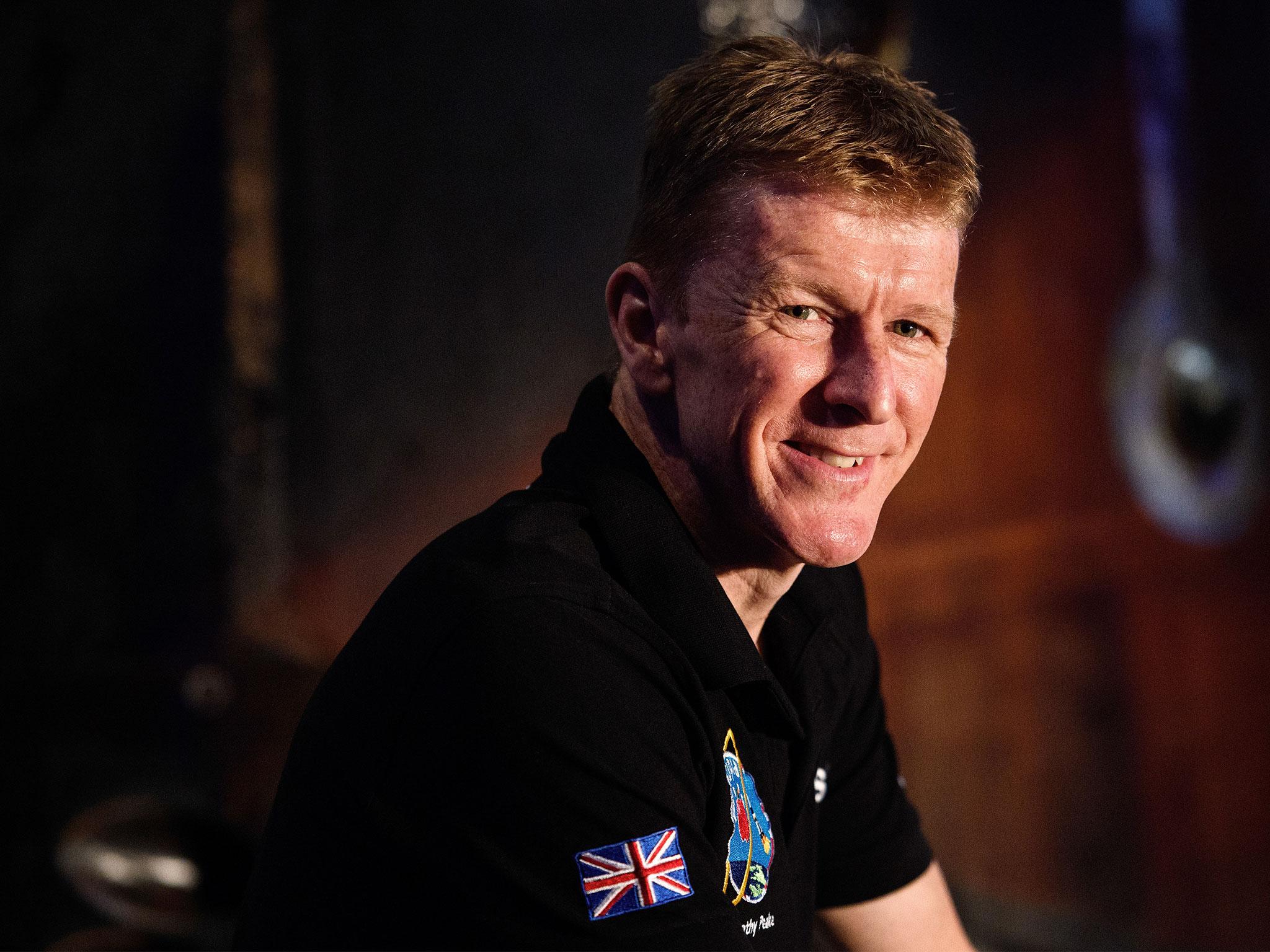Humans will be on Mars within 20 years, British astronaut Tim Peake says
‘We are entering this new era of space exploration which is very, very exciting’

Your support helps us to tell the story
From reproductive rights to climate change to Big Tech, The Independent is on the ground when the story is developing. Whether it's investigating the financials of Elon Musk's pro-Trump PAC or producing our latest documentary, 'The A Word', which shines a light on the American women fighting for reproductive rights, we know how important it is to parse out the facts from the messaging.
At such a critical moment in US history, we need reporters on the ground. Your donation allows us to keep sending journalists to speak to both sides of the story.
The Independent is trusted by Americans across the entire political spectrum. And unlike many other quality news outlets, we choose not to lock Americans out of our reporting and analysis with paywalls. We believe quality journalism should be available to everyone, paid for by those who can afford it.
Your support makes all the difference.Humans could be exploring Mars within the next 20 years thanks to commercial space flight entrepreneurs like Elon Musk, British astronaut Tim Peake has said.
The successful launch of the Falcon Heavy rocket by Mr Musk’s SpaceX firm earlier this month marked a new era of space exploration which is “very, very exciting”, according to Major Peake.
He said government space agencies had estimated humans would land on Mars in the late 2030s, but that commercial space flight “could bring that date forward”.
The astronaut also believes the Deep Space Gateway, a space station project by multiple agencies from which manned missions to Mars could be launched, will be key to the future of human exploration in space.
“We are entering this new era of space exploration which is very, very exciting,” said Major Peake, who completed his mission on the International Space Station in 2016.
“The Deep Space Gateway will probably start to be built in 2022.
“That’s what I’m really looking forward to because that paves the way for both lunar landings and, because of the orbit it [will be] in, that paves the way for [a] Mars transportation system.
“Humans on Mars – I think will be late 2030s. That’s what the government space agencies and the International Space Exploration Group are working towards.”

But, Major Peake, who was speaking at an event to raise money for charity Aerobility, said those pioneering commercial space flight such as Mr Musk could reduce the wait for the first human on Mars.
The entrepreneur’s Falcon Heavy became the most powerful rocket currently in operation after it completed a successful test flight earlier this month, from Cape Canaveral in Florida.
Mr Musk chose to load his own Tesla sports car, complete with a dummy in the driver’s seat, on to the rocket and send it into space as part of the launch.
“What could throw a big bowling ball through all that is commercial space flight,” Major Peake added.
“We have seen the ambitions of people like Elon Musk, there are several other companies that also have ambitions to send people to Mars.
“I think that we will end up working very closely with these companies in public-private partnerships when we eventually go to Mars.
“It could be that some of those programmes bring that date forward. But, late 2030s would be a realistic time frame.”
Additional reporting by Associated Press
Join our commenting forum
Join thought-provoking conversations, follow other Independent readers and see their replies
Comments